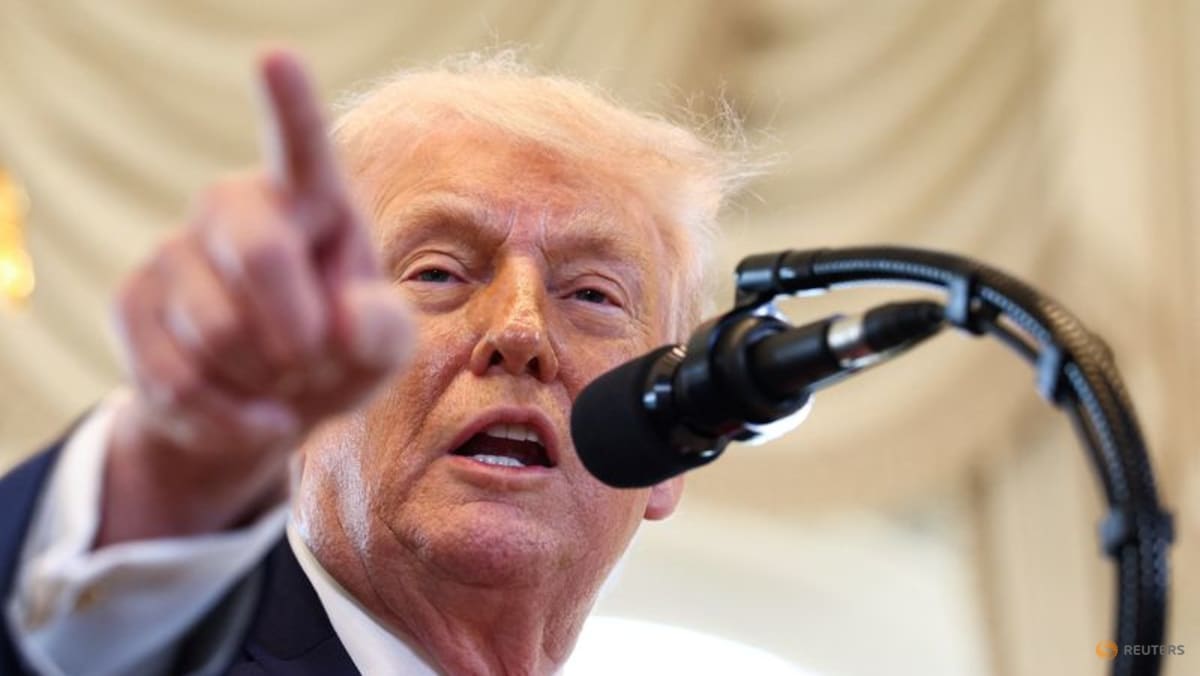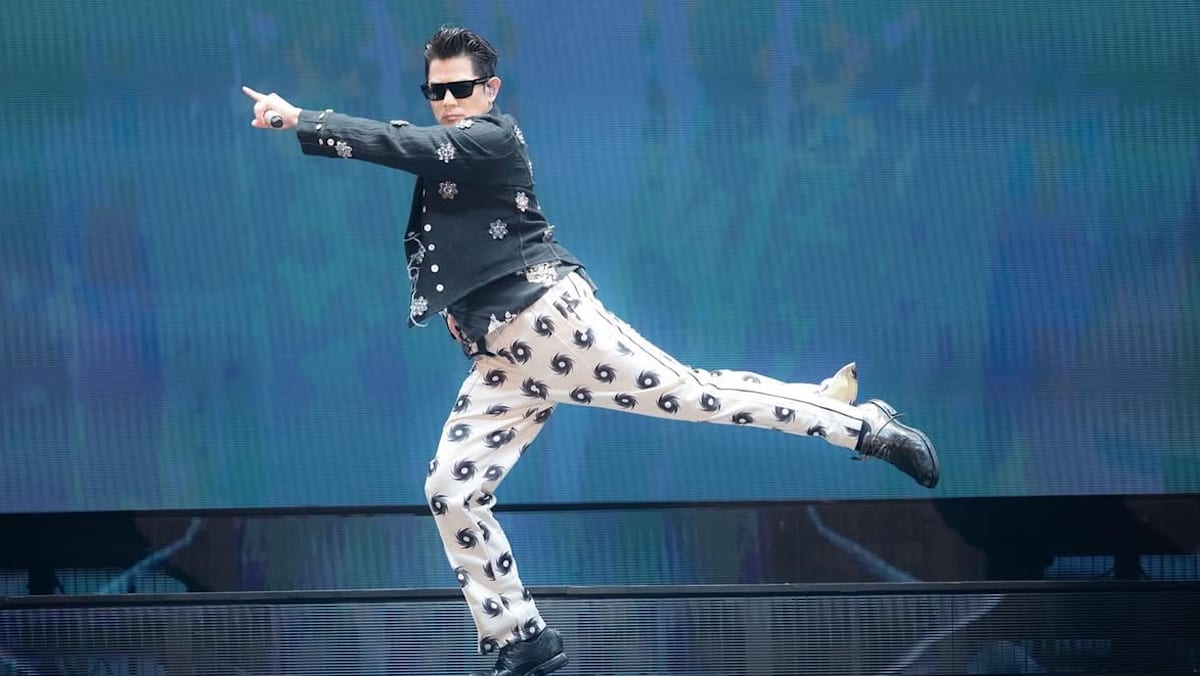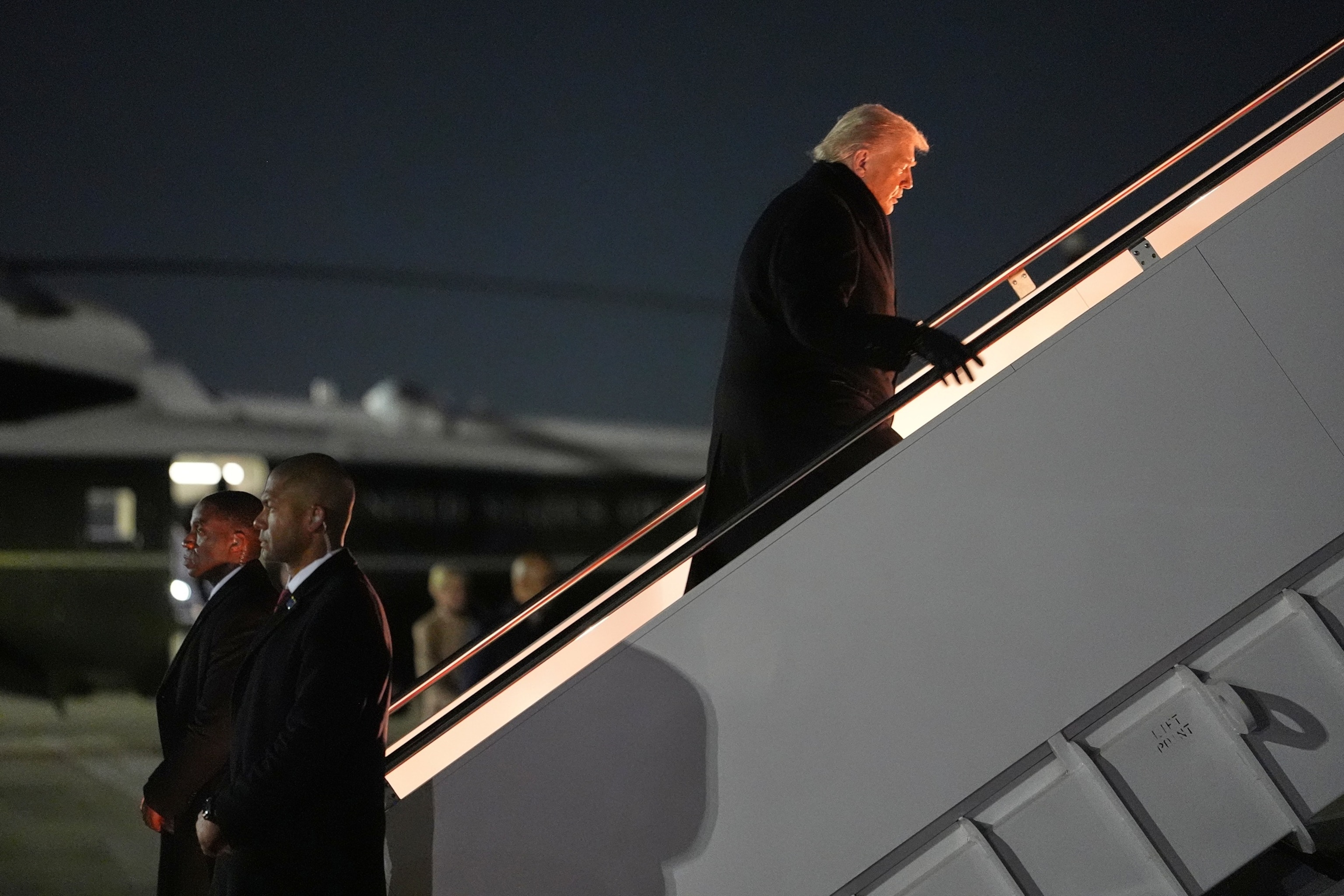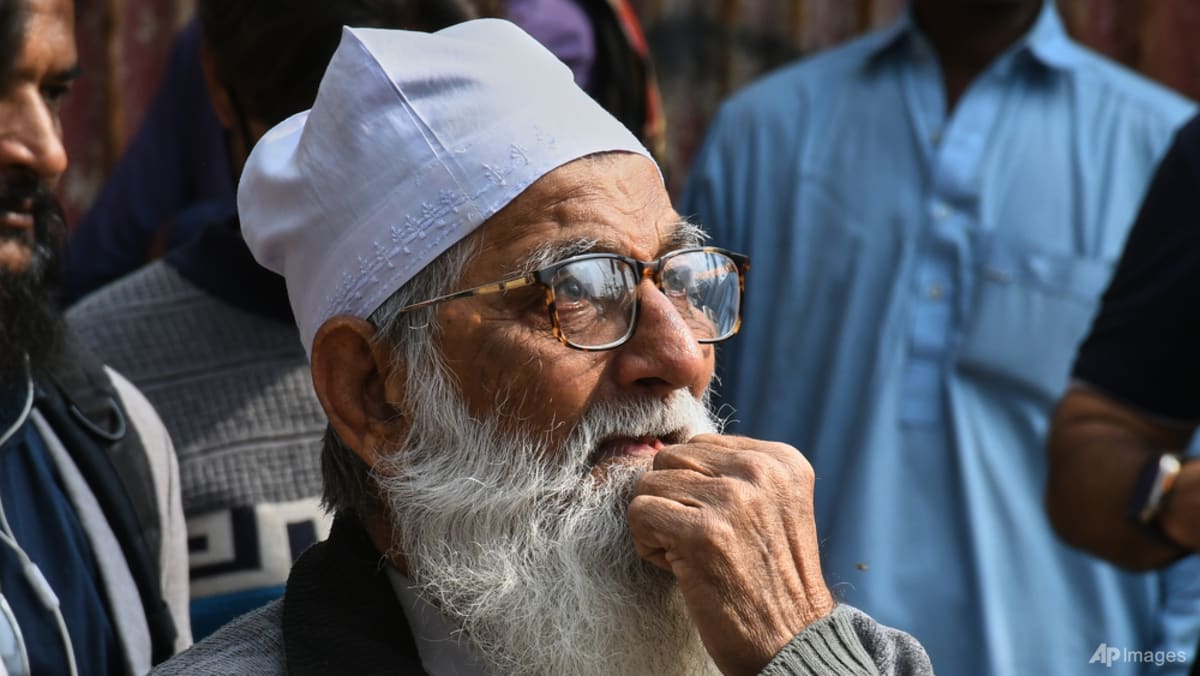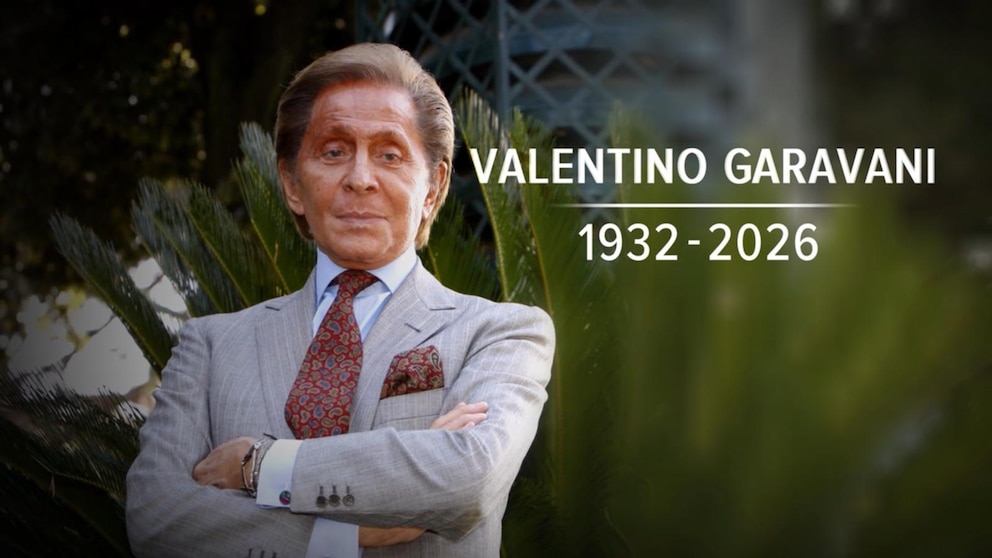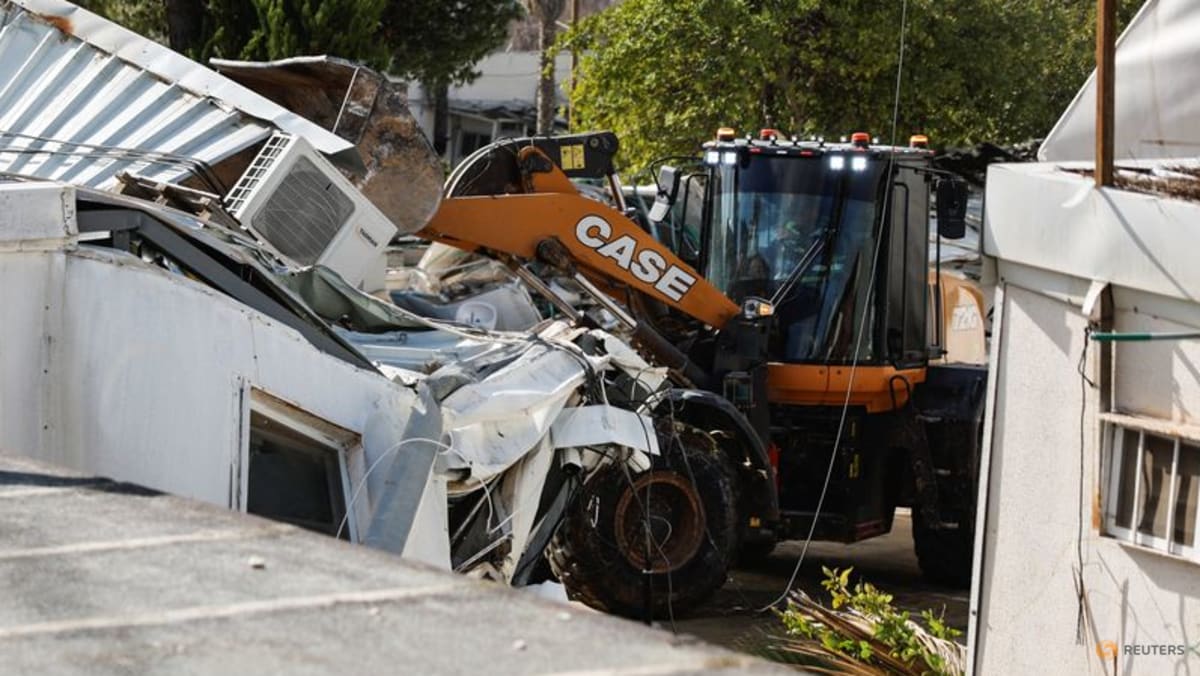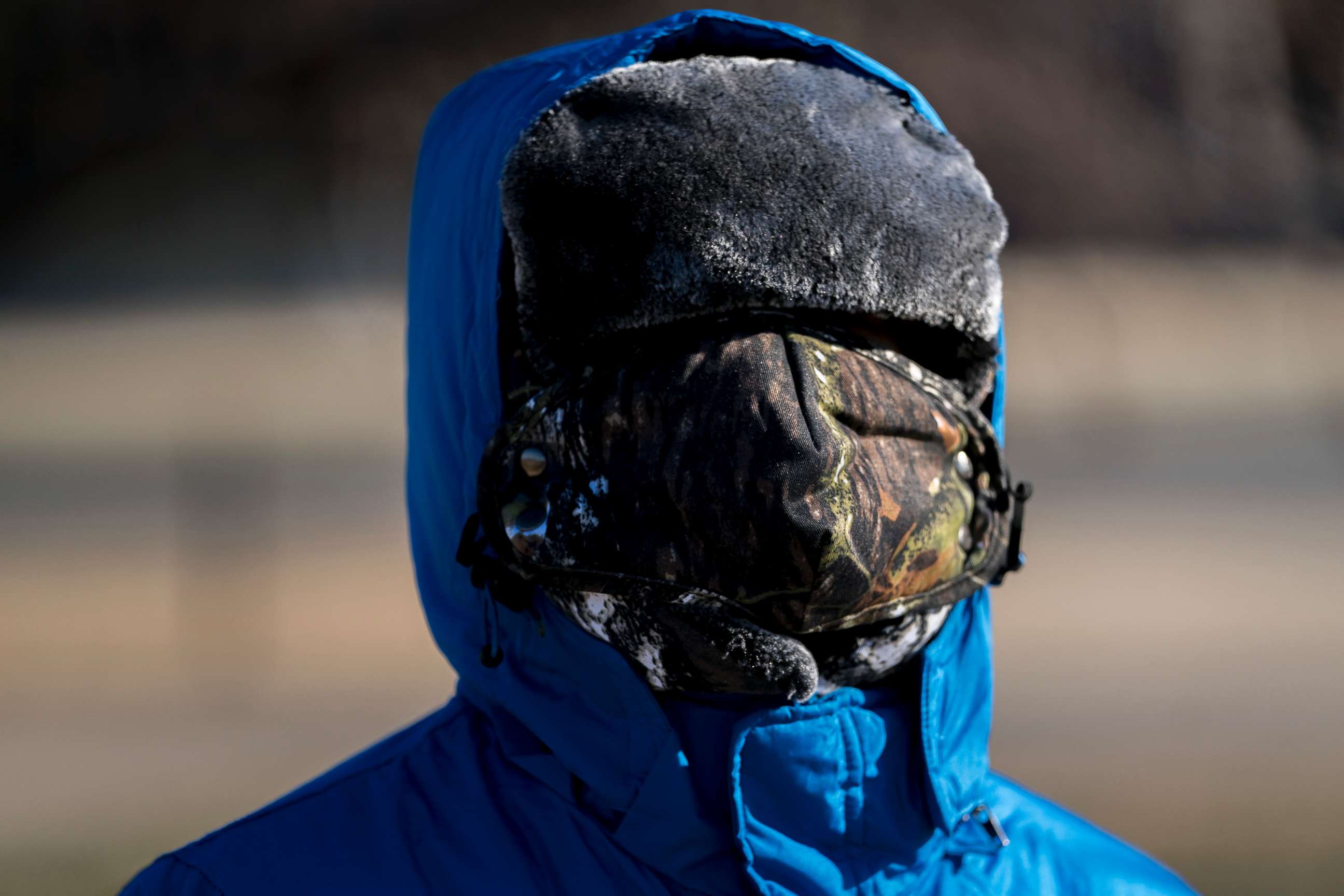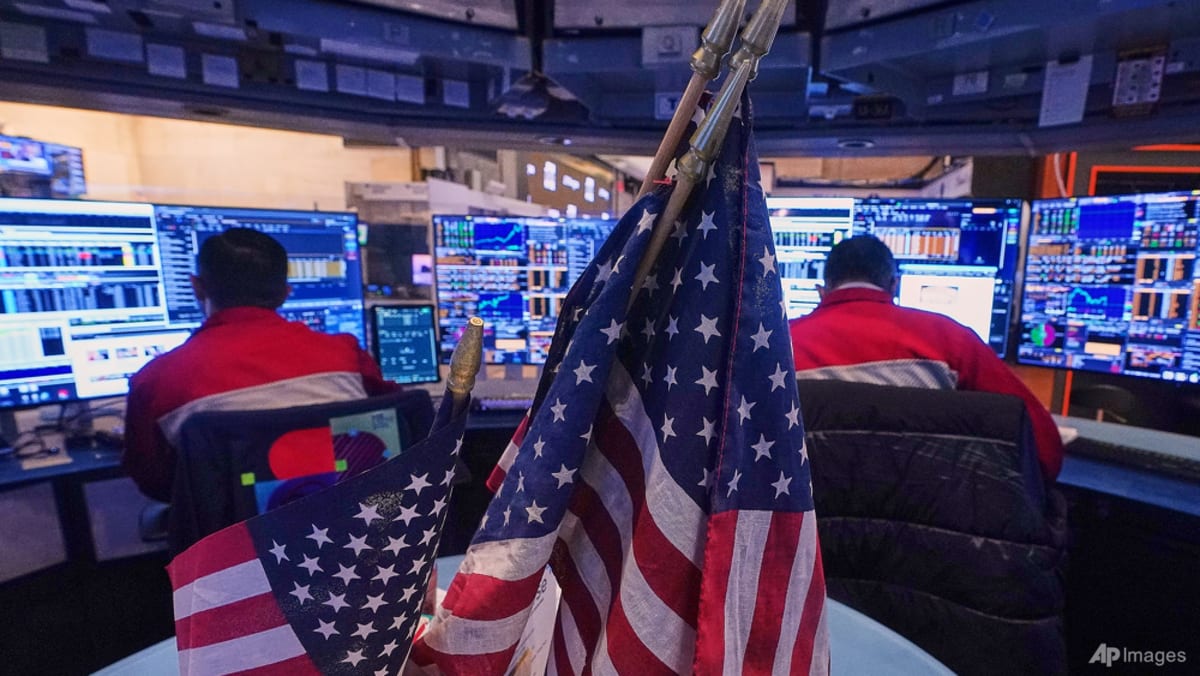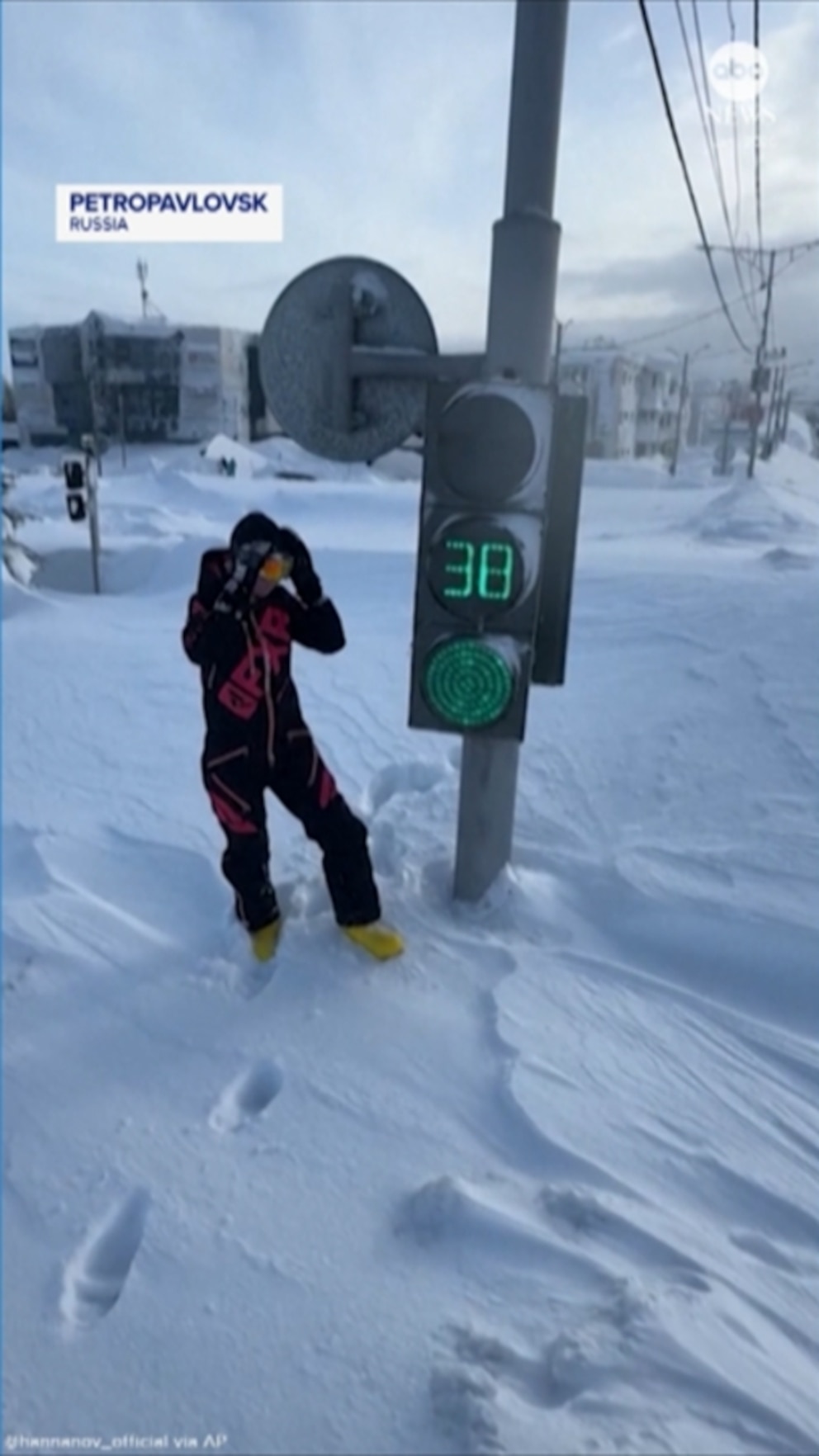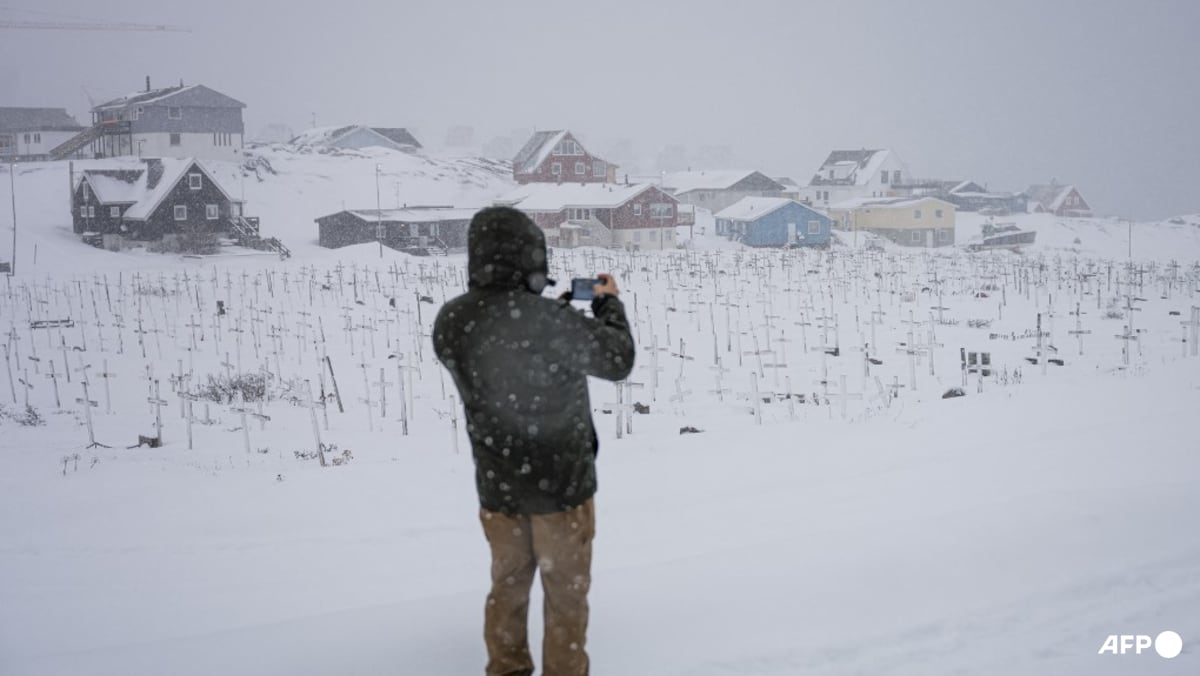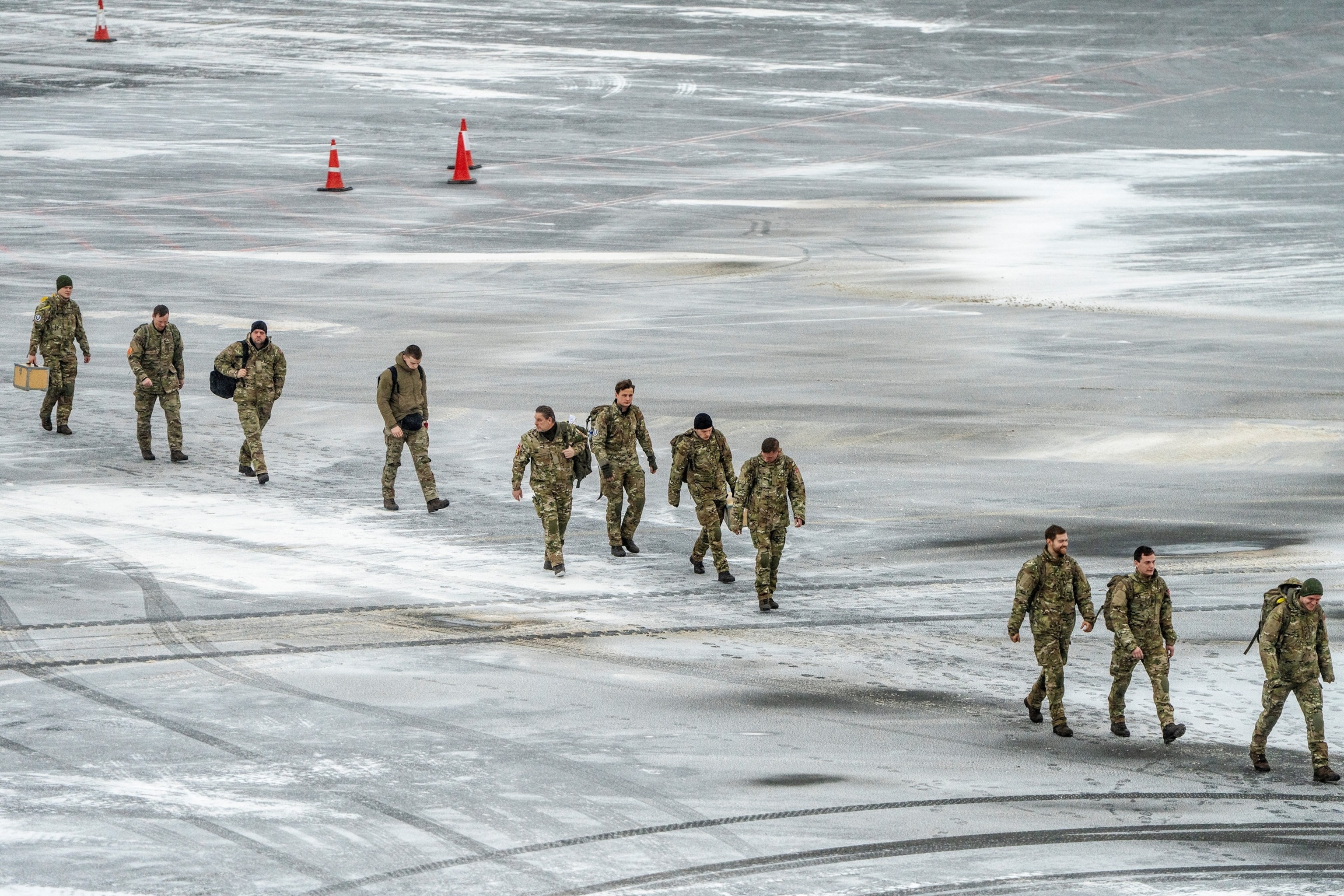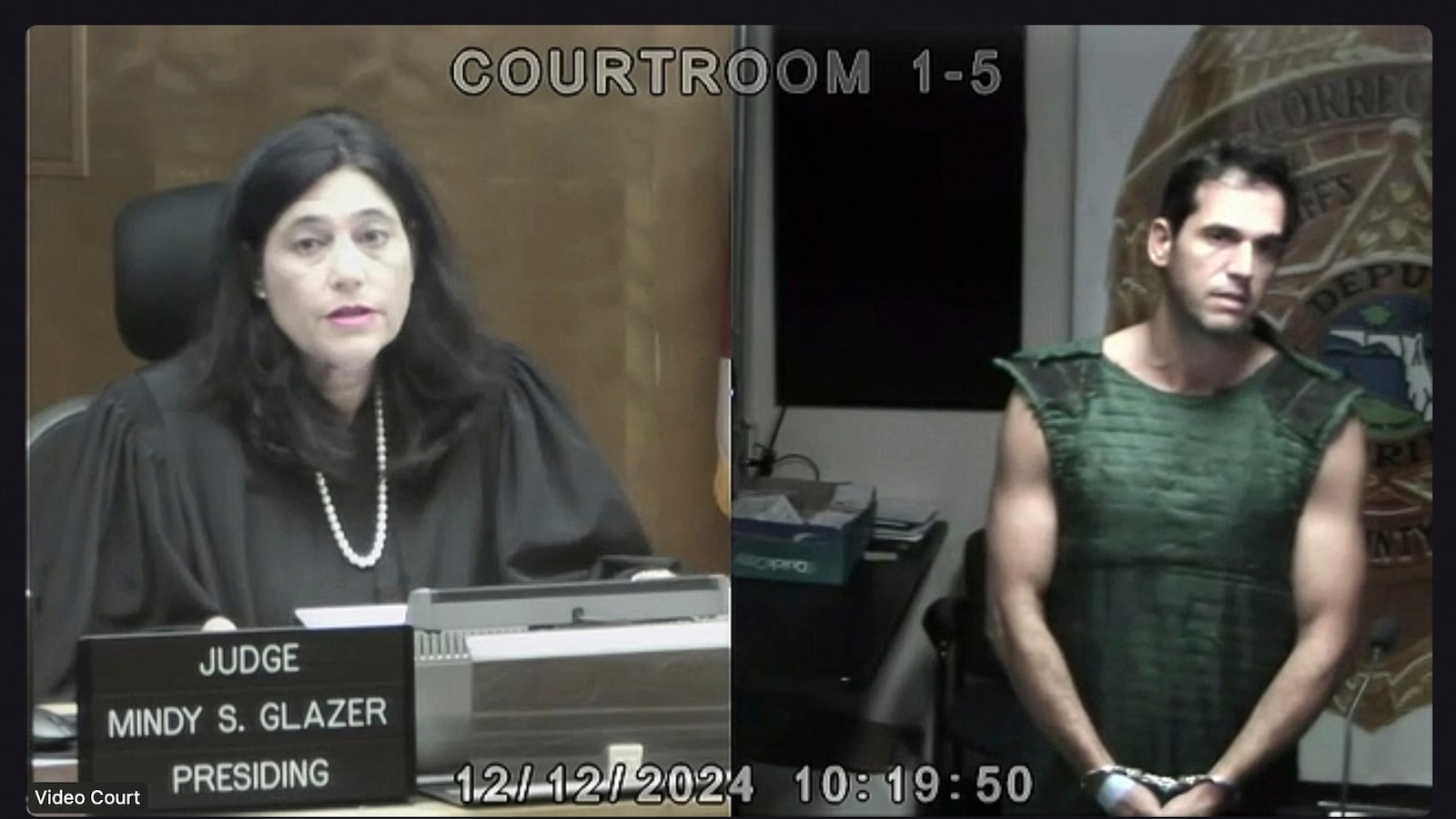Biden makes new pledges to Pacific island leaders as China’s influence grows

Meg Keen, director of Pacific Island Programs at Australia’s Lowy Institute, said that although the US had opened new embassies and a USAID office in the region since last year’s summit, Congress had yet to approve most of the funding pledges made last year.
She added that Pacific island countries “welcome the US re-engagement with the region, but don’t want geopolitical tussles to result in an escalation of militarisation”.
Vanuatu Prime Minister Sato Kilman also did not attend the summit. He was elected two weeks ago to replace Ishmael Kalsakau, who lost a no-confidence vote for actions including signing a security pact with US ally Australia.
The US is still negotiating to open an embassy in Vanuatu, but has not significantly increased engagement with that nation, which counts China as its largest external creditor. China signed a policing agreement with Vanuatu last month.
A senior Biden administration official said the US was on track to open the Vanuatu embassy by early next year.
Fiji has welcomed the stronger US regional presence as making the Pacific “more secure,” but Kiribati, one of the most remote Pacific island states, 4,000km southwest of Hawaii, said this year it plans to upgrade a former World War II airstrip with Chinese assistance. A US$29 million program to assist Kiribati youth find work internationally was signed at the summit.
Washington renewed agreements this year with Palau and Micronesia that give it exclusive military access to strategic parts of the Pacific, but has yet to do so with the Marshall Islands, which wants more money to deal with the legacy of massive US nuclear testing in the 1940s and 50s.
The summit statement said the US “plans to work expeditiously to meet the needs of the Republic of the Marshall Islands through ongoing Compact negotiations” and was committed to addressing its “ongoing environmental, public health concerns, and other welfare concerns”.
Source: CNA


